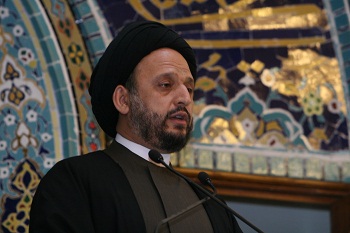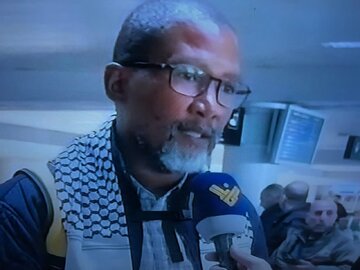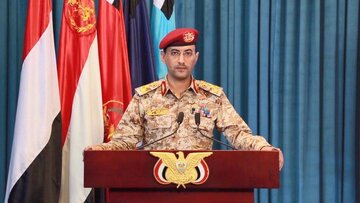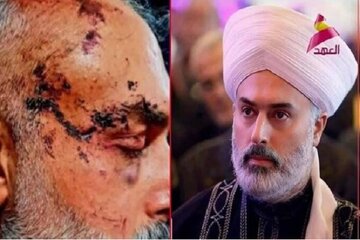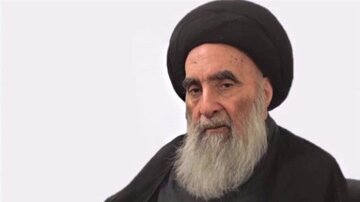His Eminence, Sayyed Ali Fadlullah, delivered the two Friday prayer sermons at the Imamain Al-Hassanain Mosque, Shawwal 26th 1435 H. – July, 22nd 2014. Several prominent religious scholars, dignitaries and thousands of believers attended the Jumu’a prayer.
Following is a summary:
The First Sermon
In the first sermon, His Eminence, Sayyed Ali Fadlullah, talked about anger. He took the Messenger of Allah (p.), our role model and the one who was sent as an embodiment of sublime morals, as an example. He explained that the Prophet (p.) was never angered over a personal issue such as the way some Muslims used to treat him without taking into consideration his status or his closeness to Allah. He also did not take revenge from the people who hurt him when he opened Mecca...
He was always quite tolerant and forgiving, but when it came to violating a right, he used to get so angry that nothing could calm him before he saw that the right has been restored.
The Sayyed gave many examples, including his anger when Osama Bin Zaid wanted to exempt a woman who has stolen from punishment, and he said his famous saying: “If Fatima Bint Muhammad (referring to his own daughter) had stolen, I would have cut her hand.” Thus, he never accepted any mediation or justifications that would be at the expense of the law and the right.
The Messenger (p.) would certainly be angry if he sees what is happening in his nation nowadays; where the rights are being violated and the people are being treated according to their political or sectarian affiliations, and where Muslims are killing Muslims due to political or sectarian differences, or where we fight over choosing who are better, the prophets or the Imams.
The Sayyed concluded that anger is a weapon and a positive energy when used to support the right, but it is negative when motivated by personal whims and interests.
The second sermon
In the second sermon, His Eminence, Sayyed Ali Fadlullah, began by Gaza where the enemy returned to its policy of mass killing and destruction to break the will of a people who are demanding their very basic rights. All this is happening without any pressure from the international community that is watching silently. Nevertheless, the Sayyed expressed his confidence that the Palestinian people will never surrender and raise the white banner; rather, they will remain steadfast no matter how dear the sacrifices are.
The Sayyed also called on the Arab and Muslim peoples to support the Palestinians. Moreover, he emphasized the role of Egypt which should not be that of a mediator or a spectator, since in addition to the bonds that tie it to the Palestinians, any weakness of Gaza is a weakness for Egypt.
In Iraq, the Sayyed called for an inclusive government and for reviewing the previous policies that led Iraq, in part, to reach this difficult situation.
In Lebanon, the Sayyed said that with the return of all the political leaders to the country, the Lebanese people thought that the country will witness some solutions, but they were disappointed and the country is still in the midst of its crisis.
The Sayyed warned against the dangerousness of the sectarian discourse in the social media which the Takfiris nourish on. These groups cannot be faced politically and security-wise only, but also through the containment of sectarian sensitivity.
/149

